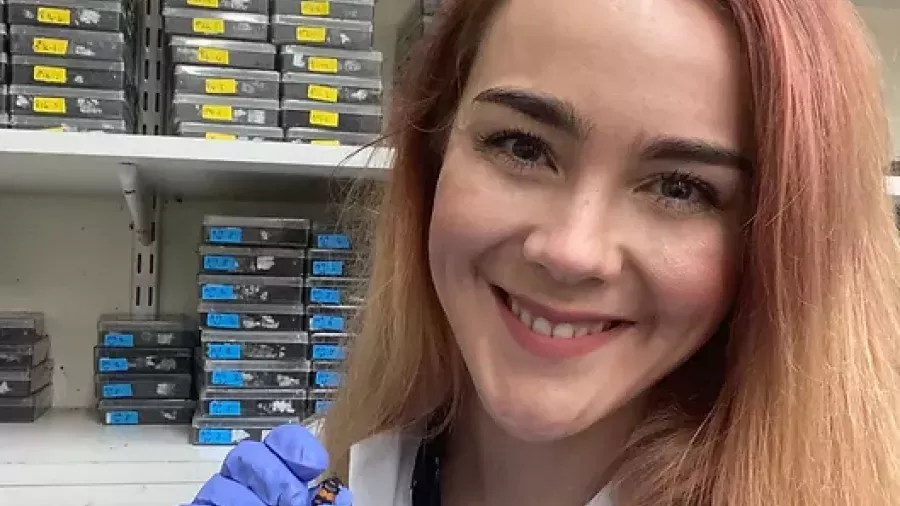
For this reason, it is important to understand how long adaptive traits can persist if they are no longer routinely expressed. For many animals, parental care is a fundamental social interaction, but one that could potentially be subject to change in a world being challenged by climate change and habitat destruction.
By creating evolutionary lines of burying beetles Nicrophorus vespilloides, an insect that shows highly unusual and somewhat gruesome parental care, and allowing them to exhibit contrasting regimes of parental care for nearly 50 generations, Ellie investigated whether even traits fundamental to a species’ natural history start to decay irretrievably when not expressed over evolutionary time.
She will be presenting the results of these experiments and asking what this means for our understanding of the relative costs and benefits of parental care, and what implications this has for conservation captive breeding programmes and animal husbandry techniques.
Ellie Bladon is a PhD researcher in the Department of Zoology at the University of Cambridge. Her work focuses on how social interactions can shape the evolutionary trajectory of populations, how important behavioural traits change over evolutionary time under different social environments, and what these two aspects mean for animals in a changing world. Specifically, her PhD is looking at how different levels of parental care over many generations affect resilience to extreme environments, what adaptations we see to allow populations to adapt to different parental care regimes, and how quickly traits associated with parental care decay when not expressed for many generations. Alongside her research, Ellie is a freelance radio presenter and producer at BBC Radio Cambridgeshire and is regularly involved in public science outreach events.